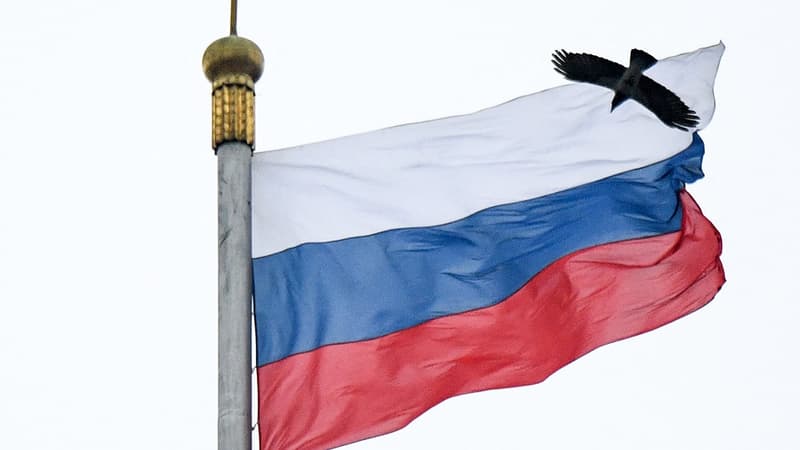Despite the war and the sanctions, the Russian economy should resist again in 2023, according to the latest forecasts published this Tuesday by the IMF, which forecasts growth of 0.7% this year, better than the 0.4% forecast there. to three months. Forecasts for the Russian economy have improved with each recent release. While it would initially face a sharp contraction in its GDP in 2022, down 6%, Russia ended the year in a recession of “only” 2.1%.
And for 2023, the situation looks even better: last October, the IMF predicted a recession of 2.3%, before forecasting, during the previous update, in January, a slight growth of 0.3%. This time, the report published during the spring meetings goes further, with a growth forecast of 0.7% for 2023, three percentage points better than six months ago.
“Russia has been able to maintain momentum (from 2022, editor’s note) by implementing very strong fiscal measures last year that we expect to continue this year,” IMF chief economist Pierre-Olivier explained during a news conference on call. Gourinchas. The country has effectively accelerated its public spending, ending 2022 with a deficit of 2.2% of GDP, despite the significant tax revenues linked to its sales of hydrocarbons, in a context of general increase in energy prices.
Military expenses
“I think Russia used the fiscal space it had to support its economy. But a large part of its budget spending is actually military spending,” said Petya Koeva Brooks, deputy director of the IMF’s research department. The deficit is expected to rise further in 2023, and is projected by the IMF at 6.2%. This is “very important by Russian standards,” a Fund spokesman said.
“The current account surplus should necessarily be reduced, to 3.6% of GDP from 10.3% in 2022, with much weaker business conditions and a drop in energy volumes,” the source also specifies. In addition, in the long term, the impact of the war is evident, said Pierre-Olivier Gourinchas: “by 2027, we expect the Russian economy to be 7% smaller than it should have been without the war. So the cumulative effect between 2022 and 2024 is quite strong.”
Source: BFM TV


